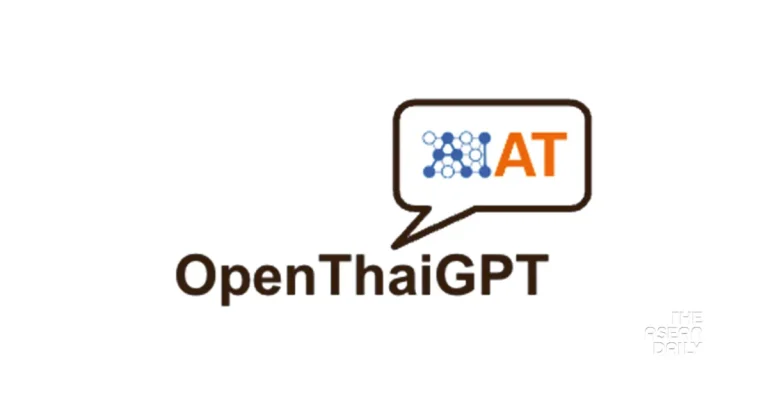3-7-2024 (BANGKOK) Thailand has embarked on an ambitious project to create a generative AI tool rooted in its local language and culture. The Open ThaiGPT initiative, spearheaded by the National Electronics and Computer Technology Center (Nectec), represents the nation’s determination to maintain a competitive edge against the encroaching dominance of U.S. tech giants.
The frontlines of this endeavor are situated at a government research facility in Pathum Thani province, a mere 40-minute drive north of the bustling capital, Bangkok. It was here, in April 2023, that Nectec joined forces with three AI groups to launch the Open ThaiGPT project, roughly half a year after OpenAI’s groundbreaking release of ChatGPT.
Thepchai Supnithi, the Nectec director spearheading the Open ThaiGPT project, underscores the vast potential of generative AI, recognizing its capacity to shape the future of technology and society. “If Thailand fails to create anything in generative AI, the country risks losing its identity and falling to the mercy of the tech giants,” Thepchai cautioned, expressing alarm over Thailand’s potential dependence on U.S. tech companies for AI applications and the risk of foreign interests attaining a firm grip on data and the domestic market.
The Open ThaiGPT center is a hive of activity, with 60 staffers, predominantly researchers versed in knowledge engineering and data science, many of them young and brimming with the energy of an app startup. Their task is to harness the power of Meta’s Llama 2, a large language model, as the foundation for developing Thailand’s homegrown generative AI.
Aided by a supercomputer, the AI learns from Thai-language data publicly available on the internet. Already, Open ThaiGPT has reached 7 billion parameters, a metric of performance, and the goal is to push this further, to 13 billion and eventually 70 billion parameters.
A glimpse of the project’s progress can be seen in Abdul, a chatbot that has been partially released, primarily for use by businesses. When queried about Thailand’s culinary fame, Abdul promptly names the iconic tom yum goong soup. Asked about navigating Bangkok’s notorious traffic congestion, Abdul recommends taking public transportation, mirroring the results one might expect from consulting ChatGPT in English.
However, Thailand faces a significant funding gap in the realm of generative AI compared to the deep pockets of American tech heavyweights such as Google and Meta, with Microsoft as an investor in OpenAI. This disparity threatens to leave Thailand trailing in the race for AI dominance.
The stakes are high, as the rollout of AI in Southeast Asia is projected by U.S. consulting firm A.T. Kearney to add a staggering $1 trillion to the region’s gross domestic product. American tech giants are racing to capture this burgeoning demand, with Microsoft CEO Satya Nadella recently visiting the region and outlining plans to further develop AI in local languages, including Thai.




